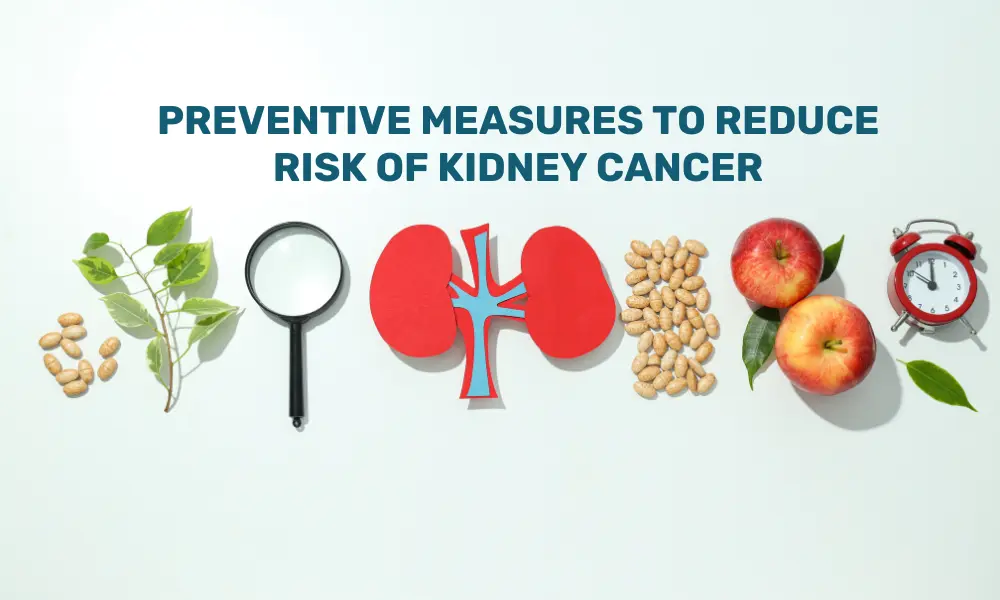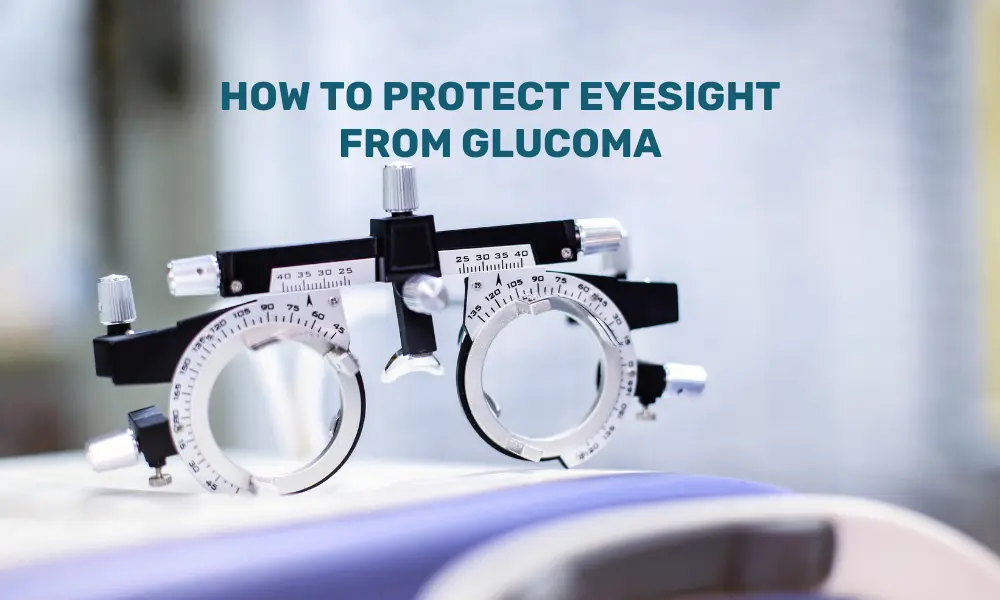A significant increase in cardiovascular or heart diseases, including heart attacks, among young men and women, causing widespread concern has been reported in recent times.
Cardiovascular diseases are often associated with older individuals. However, the latest trends in the healthcare sector suggest a change in this pattern. In recent times, there has been a surge in cardiovascular disorders in younger individuals, affecting their lives and even resulting in heart attack.
There is a lack of awareness about the younger generation being equally vulnerable to cardiovascular diseases as the older generation. This ignorance frequently leads to undiagnosed cardiovascular conditions in young people, resulting in severe health complications.
However, the primary factors causing heart diseases in the younger generation are hypertension, diabetes, and high cholesterol.
The shift in heart disease trends among young adults is a worldwide concern. It is, therefore, essential to promote overall physical and mental well-being among young people to control any cardiovascular diseases.
Lifestyle factors and other comorbidities undoubtedly play a significant role in this scenario. Nevertheless, individuals with a strong family history of heart disease should maintain heightened vigilance and take proactive measures, particularly when it manifests at a premature age.
How to reduce the risk of cardiovascular diseases at a younger age?
Here are some ways by which one can reduce the risk of a heart attack or heart-related diseases at a younger age:
Ideal Body Weight:
Obesity is a major risk factor for heart disease, high blood pressure, and diabetes. One must maintain an ideal body weight by following a healthy diet and regular exercise. This will help maintain good overall health and reduce the risk of developing health complications.
Quit Smoking:
Smoking is a crucial risk factor for heart attack. It increases the risk of blood clots, which can block arteries and cause heart attacks. It also increases the risk of high blood pressure and cholesterol levels linked to heart disease.
In addition to its direct effects on our arteries, smoking has been shown to raise our cholesterol levels, leading to hardening, or thickening of the lining inside the artery, helping in plaque formation. Thus, quitting smoking is the first step to prevent a heart attack.
Have Stress-free Life:
Stress is indeed a normal part of life, but when it is too much, it can lead to severe health problems like heart disease or high blood pressure. An individual may have stressful situations due to work, family, social circle, and personal life issues. But too much stress can cause a heart attack. Thus, one must manage emotional issues and be aware of stress in life, as it can trigger more cardiovascular problems like heart attacks or strokes in some people.
Avoid being sedentary for too long:
The risk of heart attack increases if we are not physically active. A sedentary lifestyle is a lack of physical activity, contributing to an increased risk for heart disease and cardiovascular disease. This can include watching television or sitting on a couch all day long while being inactive when it should be exercising regularly. Thus, stay active and avoid being sedentary for long periods to reduce the risks of a heart attack.
Maintaining BP, Diabetes, and Cholesterol levels:
Blood pressure, in simple words, is blood’s force against the walls of arteries while blood flows through them. High blood pressure can result in damage to our arteries. Increasing the chance of heart disease and stroke over time.
Similarly, diabetes is a chronic disease that can lead to a heart attack. Diabetes causes too high blood sugar levels because our body does not use insulin properly. Left untreated, it can lead to serious health problems like stroke or heart attack.
Therefore, one must monitor these levels regularly to avoid a fatal situation like a heart attack.
Family history can also be a risk factor behind a heart attack. If one has a family history of heart disease, a regular medical check-up is necessary. This will help individuals identify their risk factors and take the necessary steps to avoid a heart attack.
Timely intervention and preventive measures are essential in reducing the risk of cardiovascular diseases. Proactive screening is recommended for individuals of all ages, as it plays a vital role in maintaining heart health.




